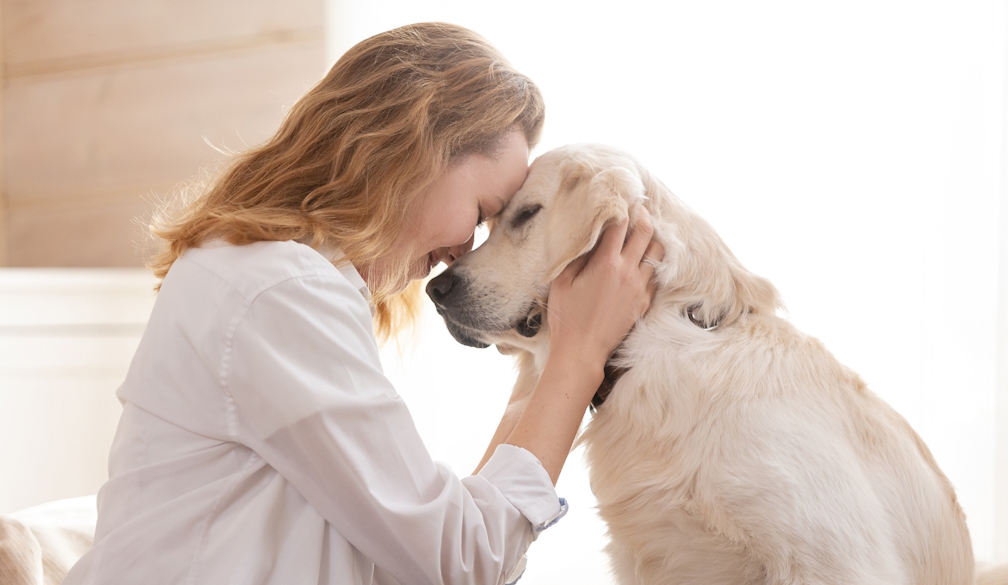How to look after your mental health right now if you have family in the Middle East or another conflict zone
- Written by Nicholas Procter, Professor and Chair: Mental Health Nursing, University of South Australia

Escalating violence in the Middle East, particularly in Lebanon[1] in recent weeks, has brought news of death, casualties and displacement[2].
In response, the Australian government has organised evacuation flights[3] for Australian citizens and is urging[4] all Australians in Lebanon to take the earliest available flights due to the unpredictable nature of the conflict.
For the more than 248,000 Australians[5] with Lebanese ancestry, and others, this has been a deeply distressing time.
Escalating violence in Lebanon has also resonated deeply[6] with other diasporas in Australia, such as those from Palestine and Ukraine. These scattered communities share similar experiences of conflict and displacement.
So how do Australians with links to Lebanon, Gaza or other conflict zones look after their mental health at this time? And how can you support others who may be struggling?
Identifying with pain and suffering
People with emotional ties to conflict zones overseas identify with the pain and suffering they see and hear. Australians with shared cultural heritage may be living in the shadow of homeland events and experiencing what research has called[7] “push-pull[8]” dynamics.
This may be experiencing periods of calm and ease mixed with intermittent periods of intense fear, uncertainty and emotional pain as upsetting events unfold.
For some, sleeplessness, irritability, fear, frustration, uncertainty and emotional exhaustion combine. People are no longer isolated from their country of origin. Rather, global events influence their personal and social life, and mental health.
The way people manage the interplay between homeland events, sense of powerlessness, and mental health in Australia are complex. It is easy to be rapidly consumed by what is happening. Events are graphic, compelling and fast moving.
How to look after yourself
So what can you do if you notice yourself or someone close to you is becoming impacted?
Know your distress triggers. For some, this might be witnessing violence on television news or social media. For others, this might be stories about children and young people who have been killed. Seeing and hearing images and stories can be distressing if they are repeated across multiple platforms. Some people may need to minimise their media exposure[9].
Talk to people you trust about how you are feeling. Describe what is happening and what you notice about yourself. If you are feeling fragile or concerned about your mental health, or the mental health of a loved one, seek support from your health-care provider.
Reconnect with and strengthen personal support networks. Supportive cultural connections and family members, and other supports including friends and colleagues, can protect against the onset or worsening of mental distress.
Getting help early can create more options for support. It can also make it easier to accept help in the future.
Refer to trusted sources of information and calibrate media exposure. While many people need to know about events, news stories and imagery are distressing.
Incorporate activities[10] that comfort and distract you, and make your situation feel safer. This can include:
-
spending time with family members or friends
-
spiritual, faith or religious reconnecting
-
distraction through music or food.
Avoid taking devices to bed to protect your sleep and your mental health.
How to support others
If you work with or support someone who is impacted, recognise this is a time for sensitivity and compassion. Show you are concerned and, at the same time, check they’re OK. Ask:
What would be most helpful in our support for you?
What is the best way for me/the team at work to be supportive and alongside you?
It is also important to ask about someone’s mental health. You can ask:
With events unfolding, how are things at home for you right now?
When validating a person’s experience, remember it is not always important to know personal detail or circumstances in fine detail. What is important is to demonstrate genuine interest, create trust and psychological safety. Aim to really listen[11], rather than listening so you can respond.
As a friend, colleague or manager, offering support and listening without judgement may help a person[12] impacted by global catastrophic events.
In times like these, validation, human connection and support are some of the best things you can do to protect your own and other people’s mental health.
Sometimes it can be hard to find the words. Here’s what we know helps.If this article has raised issues for you, or if you’re concerned about someone you know, call Lifeline on 13 11 14.
References
- ^ particularly in Lebanon (www.dw.com)
- ^ death, casualties and displacement (www.unocha.org)
- ^ evacuation flights (www.abc.net.au)
- ^ urging (www.smartraveller.gov.au)
- ^ 248,000 Australians (www.dfat.gov.au)
- ^ resonated deeply (www.abc.net.au)
- ^ research has called (www.routledge.com)
- ^ push-pull (theconversation.com)
- ^ minimise their media exposure (www.aljazeera.com)
- ^ activities (www.thewire.org.au)
- ^ really listen (tuneinnotout.com)
- ^ a person (www.amazon.com.au)
















